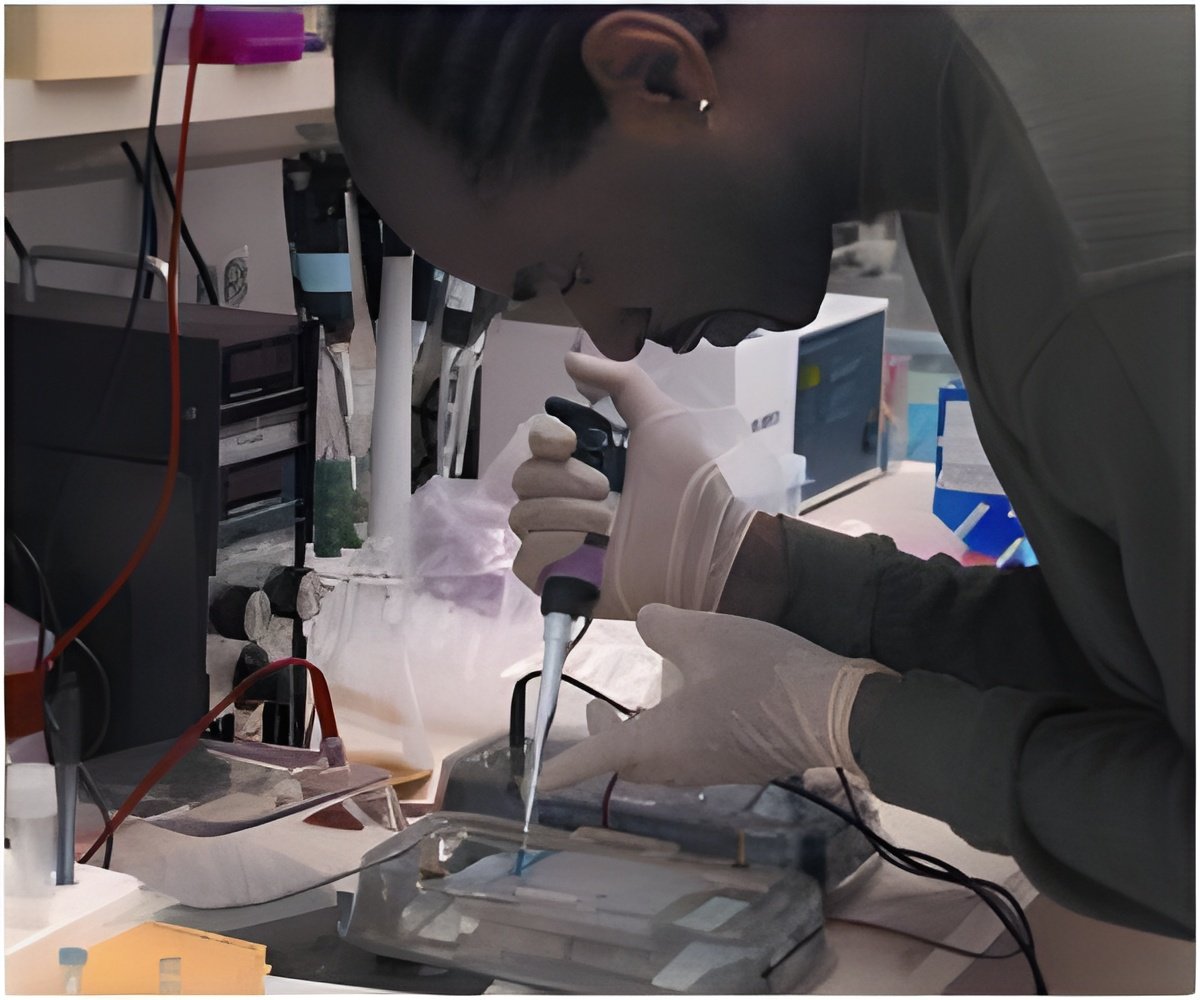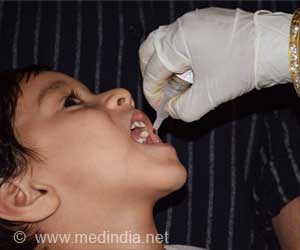
The Lasker-DeBakey Clinical Medical Research Award went to Alim Louis Benabid of the Academy of Sciences in France and Mahlon DeLong of Emory University for developing deep-brain stimulation techniques that restore function in patients with Parkinson's disease.
"The work of DeLong and Benabid has enhanced the lives of more than 100,000 patients worldwide who have undergone the procedure," said the Lasker Foundation.
"It has spurred further investigations into the use of electrical stimulation that is already helping others with neurological and psychiatric diseases."
American scientist Mary-Claire King was given the Lasker-Koshland Special Achievement Award in Medical Science for her lifetime of work which included discovering the location of the BRCA1 gene for breast cancer.
She used the occasion to call for wider genetic testing of women, writing in the Journal of the American Medical Association that more genetic testing should be done to catch inherited cancers before it is too late.
Advertisement
"To identify a woman as a carrier only after she develops cancer is a failure of cancer prevention," said King, a professor of genome sciences at the University of Washington School of Medicine in Seattle.
Advertisement
Between one in 300 to one in 500 women in the United States is believed to carry what King described in her article as an "actionable mutation in BRCA1 and BRCA2."
That means between "250,000 and 415,000 adult women for whom breast and ovarian cancer is both highly likely and potentially preventable," she said.
Breast cancer affects about 12 percent of women overall, but among women who inherit an abnormal version of BRCA1 or BRCA2, 45-65 percent will develop cancer by age 70.
Currently, the US Preventive Services Task Force (USPSTF) supports BRCA1 and BRCA2 testing based on family history and ancestry, but not for the entire female population.
King was honored with the award for "bold, imaginative, and diverse contributions to medical science and human rights," the Lasker website said.
She was also recognized for using DNA technology to help reunite missing children in Argentina with their mothers and grandmothers by developing a forensics approach relying on mitochondrial DNA, which passes from mother to child.
"King helped prove genetic relationships and thus facilitated the reunion of more than 100 of the children with their families," the Lasker Foundation said.
Other winners included Kazutoshi Mori of Kyoto University and Peter Walter of the University of California, San Francisco. They received the Albert Lasker Basic Medical Research Award for discoveries about how cells have an internal quality control system for correcting harmful, misfolded proteins.
Source-AFP















